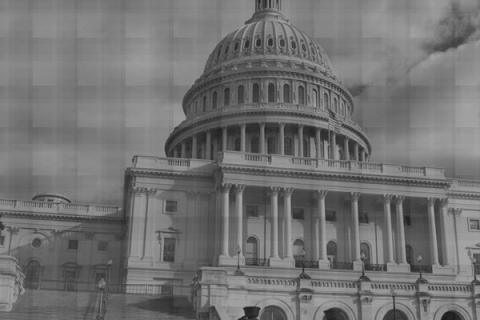
Of all the propositions that have been called ‘complicated,’ Proposition 31 is quite possibly the most deserving of the adjective. Titled "The Government Performance and Accountability Act," the ballot measure is a menagerie of budget amendments with a projected fiscal impact of “decreased state sales tax revenues of $200 million annually, with corresponding increases of funding to local governments. Other, potentially more significant changes in state and local budgets, depending on future decisions by public officials.”
The proposition, if passed, would establish a two-year budget cycle, prevent expenditures or tax cuts totaling over $25 million (unless they were offset by revenue increases or budget cuts), allow the governor to unilaterally cut areas of the budget during declared state fiscal emergency if the legislature is unable to act, allow counties the ability to alter state spending regulations (unless the legislature vetoes them), and imposes performance accountability standards on state programs and local budgets.
The winding and lengthy diction of the measure could mean that Proposition 31 is too complicated for voters to really understand.
Proponents of Proposition 31 are headed by Nicholas Berggruen and California Forward, both contributing around $1.5 million to the campaign, according to Ballotpedia. Berggruen, registered as a Democrat in Florida, is a major contributor for the Think Long Committee for California and President of the Nicholas Berggruen Institute. In total, Proposition 31 has raised $4.2 million.
The No on 31 campaign is spearheaded by the American Federation of State, County, and Municipal Employees (AFSCME). The organization has contributed over $90,000. AFSCME is one of the largest labor unions in the country and represents over a million employees. No on 31 has raised a total of $202,000.
Strangely, Californians for Transparent and Accountable Government have opposed the measure, while Taxpayers for Government Accountability are in favor of it. Those for and against Proposition 31 contend that accountability is central to their position. Whereas, those in favor of the initiative cite the section requiring legislative oversight through performance standards; detractors say the legislation does more harm than good calling the "language of the measure unclear" with little guarantee the proposed consequences would actually be carried out.
Proposition 31 is one of the longest ballot initiatives this election and its complexity is only matched by its verbosity. Regardless of one's opinion, the proposition is difficult to fully understand given the ambitious scope of the legislation. California voters should carefully research 31 to more comprehensively understand its implications.
